Description
Tzedakah [ts(e)daˈka] (Hebrew: צדקה) is a Hebrew word meaning “righteousness”, but commonly used to signify charity. This concept of “charity” differs from the modern Western understanding of “charity.” The latter is typically understood as a spontaneous act of goodwill and a marker of generosity; tzedakah is an ethical obligation.
Tzedakah refers to the religious obligation to do what is right and just, which Judaism emphasizes as an important part of living a spiritual life. Unlike voluntary philanthropy, tzedakah is seen as a religious obligation that must be performed regardless of one’s financial standing, and so is mandatory even for those of limited financial means. Tzedakah is considered to be one of the three main acts that can positively influence an unfavorable heavenly decree.
The word tzedakah is based on the Hebrew (צדק, Tzedek), meaning righteousness, fairness, or justice, and is related to the Hebrew word Tzadik, meaning righteous as an adjective (or righteous individual as a noun in the form of a substantive). Although the word appears 157 times in the Masoretic Text of the Hebrew Bible, typically in relation to “righteousness” per se, its use as a term for “charity” in the above sense is an adaptation of Rabbinic Judaism in Talmudic times.
In the Middle Ages, Maimonides conceived of an eight-level hierarchy of tzedakah, where the highest form is to give a gift, loan, or partnership that will result in the recipient becoming self-sufficient instead of living upon others. In his view, the second-highest form of tzedakah is to give donations anonymously to unknown recipients
In practice, most Jews carry out tzedakah by donating a portion of their income to charitable institutions, or to needy people they may encounter. The perception among many modern-day Jews is that if a donation of this form is not possible, the obligation of tzedakah still requires that something is given. Traditional Jews commonly practice ma’sar kesafim, tithing 10% of their income to support those in need.
Special acts of tzedakah are performed on significant days: At weddings, Jewish brides and bridegrooms would traditionally give to charity to symbolize the sacred character of the marriage. At Passover, a major holiday in Jewish tradition, it is traditional to be welcoming towards hungry strangers and feed them at the table. At Purim, it is considered obligatory for every Jew to give food to one other person, and gifts to at least two poor people,[11] in an amount that would equate to a meal each, for the purpose of increasing the total happiness during the month.
As for the more limited form of tzedakah expressed in the biblical laws, namely the leaving of gleanings from certain crops, the Shulchan Aruch argues that during The Exile Jewish farmers are not obliged to obey it.[12] Nevertheless, in modern Israel, rabbis of Orthodox Judaism insist that Jews allow gleanings to be consumed by the poor and by strangers, and all crops (not just gleanings) by anyone and everyone (free, not bought nor sold) during sabbatical years.[13]
In addition, one must be very careful about how one gives out tzedakah money. It is not sufficient to give to just any person or organization; rather, one must check their credentials and finances to be sure that your tzedakah money will be used wisely, efficiently, and effectively. The meaning of “Do not steal from a poor person, for (s)he is poor” (Proverbs 22:22) and of Talmudic-era commentaries, including Numbers Rabba 5:2, is that tzedakah money was never yours, to begin with. Rather, it always belongs to God, who merely entrusts you with it so that you may use it properly. Hence, you are obliged to ensure that it is received by those who are deserving.
There are many examples of tzedakah funds that operate according to Maimonides’ principles above (particularly #2), including Hands on Tzedakah (working with nonprofits in the U.S. and in Israel), and Mitzvah Heroes Fund (working mainly with nonprofits in Israel). Paamonim is a nonprofit organization in Israel that operates according to Maimonides’ first principle. Keeping a pushke (a collection box) in private homes is traditional.
The Gaon of Vilna considered giving tzedakah to all householders in our city with tax-benefit. Dvēyre-Ēster Helfer (1817-1907), known to Vilna’s Jews for her integrity and wisdom, was legendary for her ability to help people in trouble, although she and her husband were not wealthy. Aided by her phenomenal memory, she was able to touch the right people at the right time to help individuals throughout her life, many of whom came to see her as a sort of saint who not only found money for her but also offered special blessings accompanying her charitable gifts. She also helped fund a prayer house dedicated to charity for the needy that was known colloquially by her name; in her lifetime she came to be seen as a saint, while her death was commemorated in ways usually reserved for religious figures; and her portrait often hung next to the Gaon’s in the homes of Vilna’s Jews.

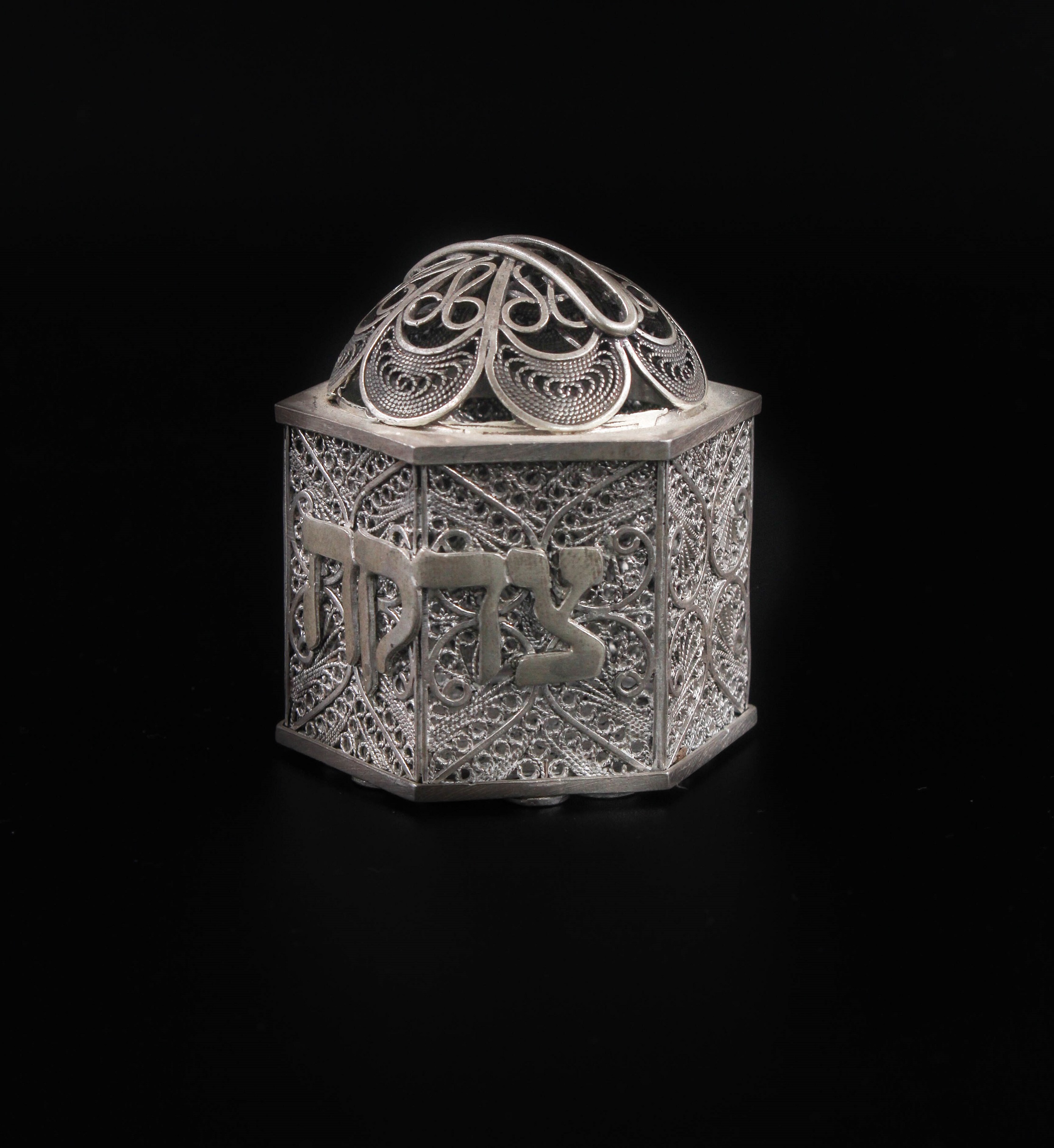
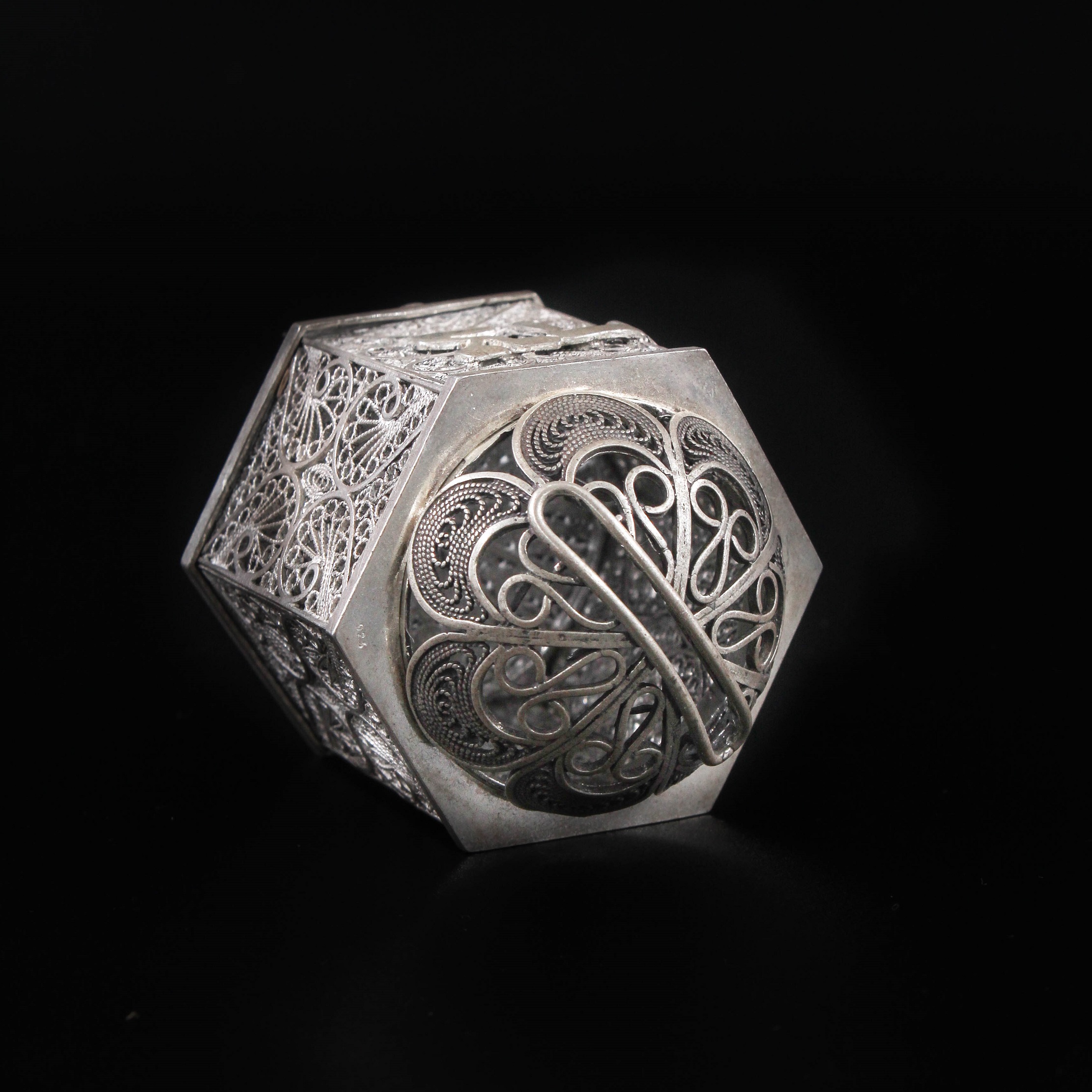
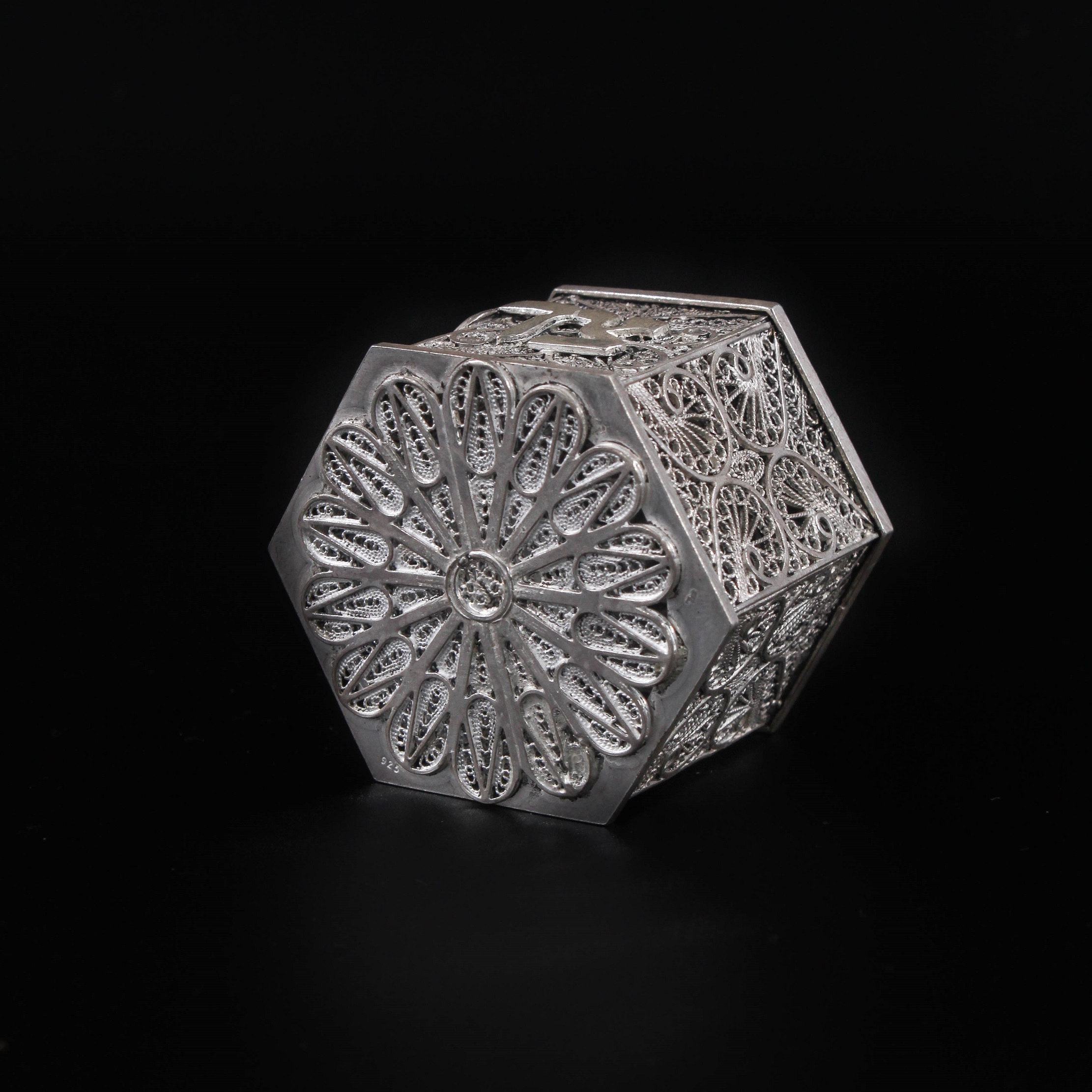
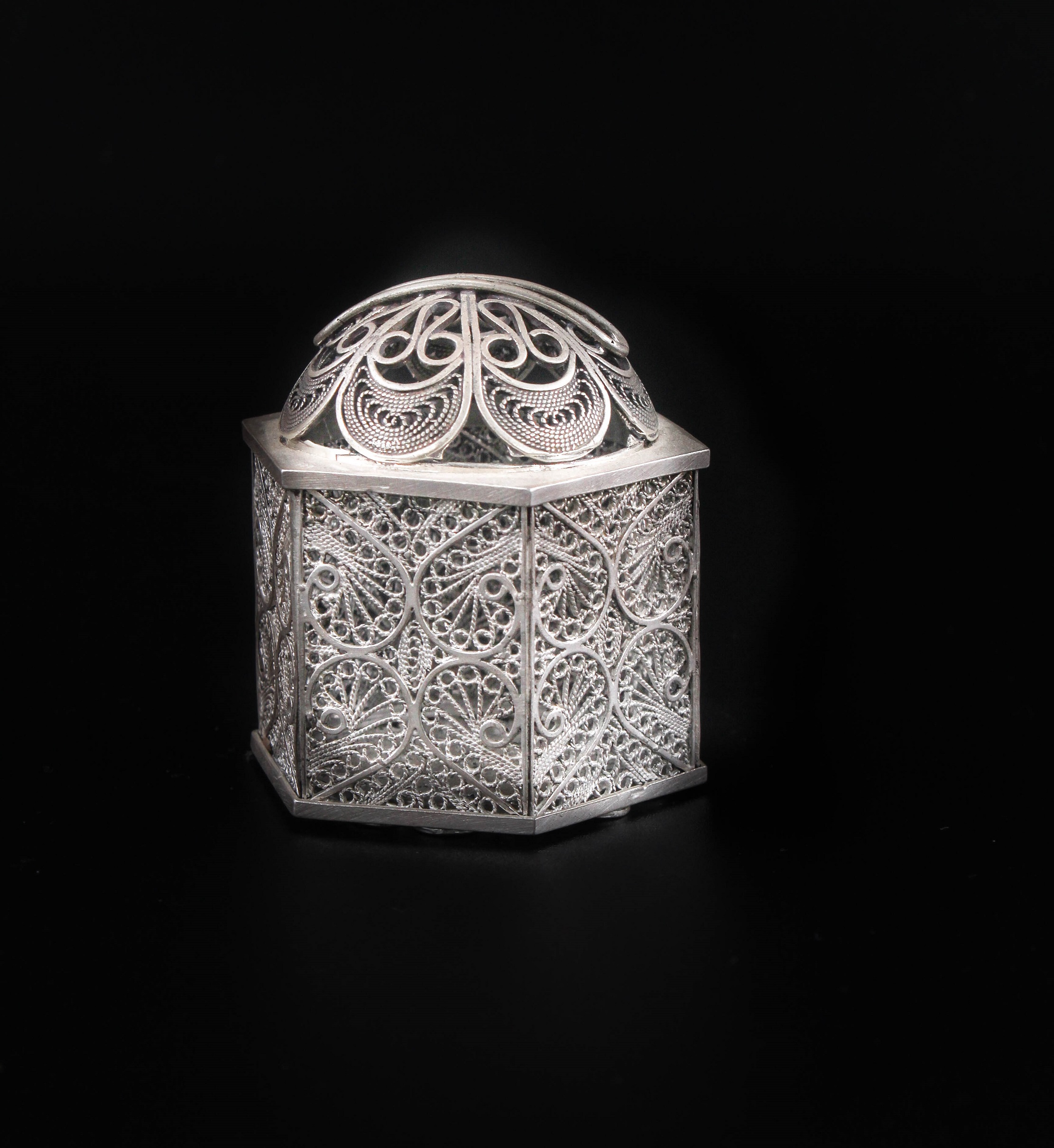
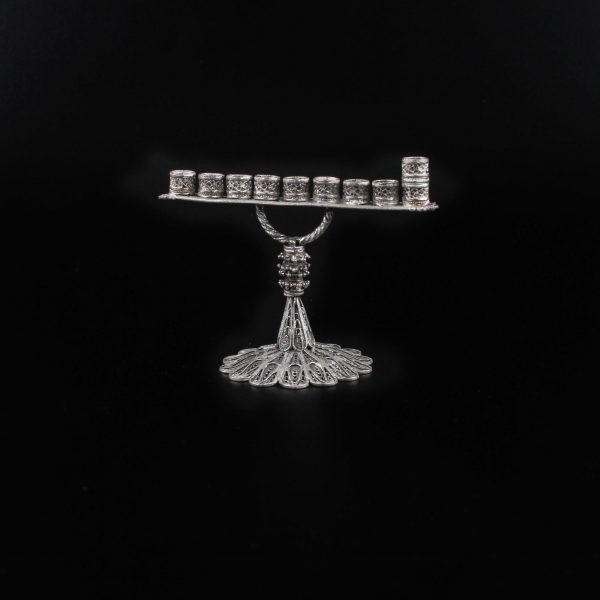
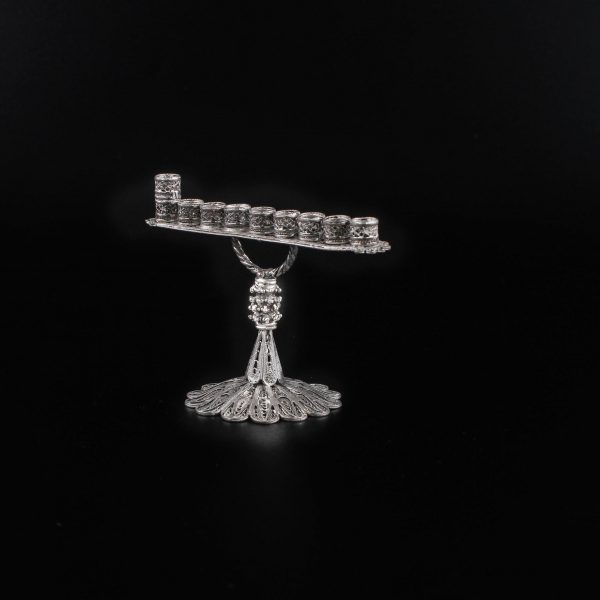
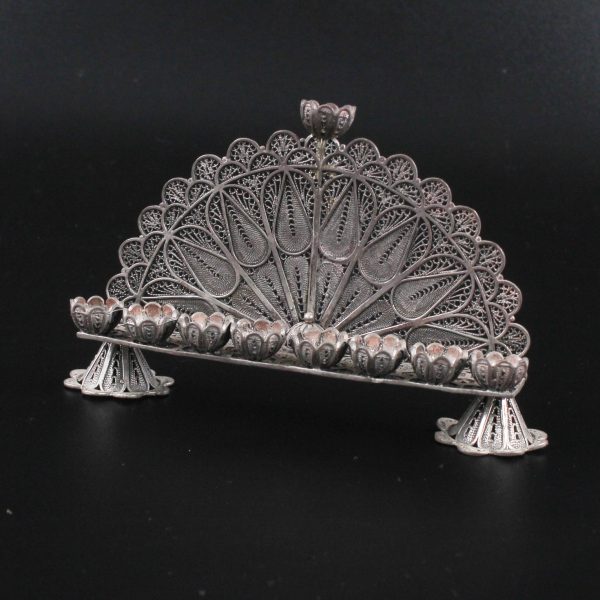
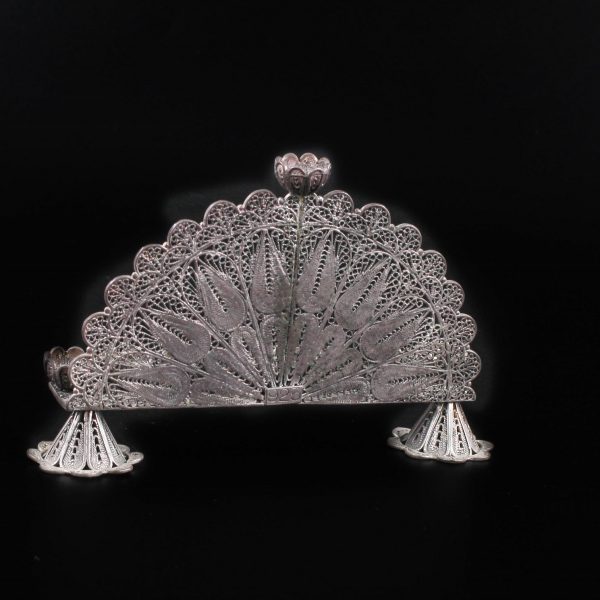
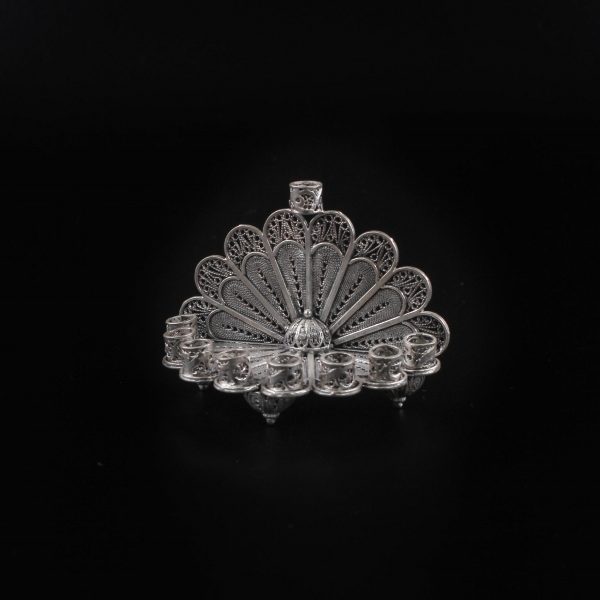
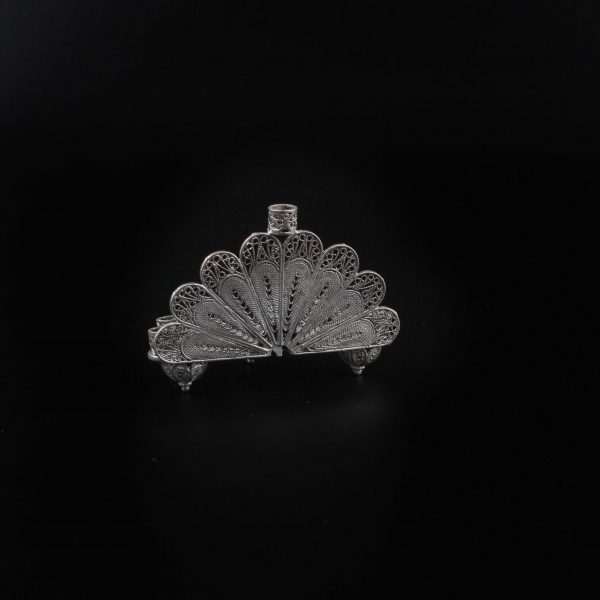
Reviews
There are no reviews yet.